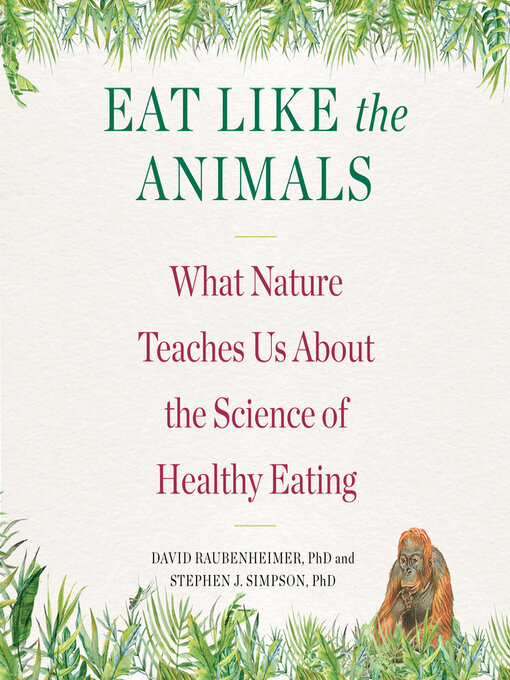A New Scientist Best Book of 2020
Our evolutionary ancestors once possessed the ability to intuit what food their bodies needed, in what proportions, and ate the right things in the proper amounts—perfect nutritional harmony. From wild baboons to gooey slime molds, most every living organism instinctually knows how to balance their diets, except modern-day humans. When and why did we lose this ability, and how can we get it back?
David Raubenheimer and Stephen Simpson reveal the answers to these questions in a gripping tale of evolutionary biology and nutritional science, based upon years of groundbreaking research. Their colorful scientific journey takes readers across the globe, from the foothills of Cape Town, to the deserts of Arizona, to a state-of-the-art research center in Sydney. Readers will encounter locusts, mice and even gorillas along the way as the scientists test their hypotheses on various members of the animal kingdom.
This epic scientific adventure culminates in a unifying theory of nutrition that has profound implications for our current epidemic of metabolic diseases and obesity. Raubenheimer and Simpson ultimately offer useful advice to understand the unwanted side effects of fad diets, gain control over one's food environment, and see that delicious and healthy are integral parts of proper eating.

